Personality is the way of feeling, thinking, and behaving that makes a person different from other people. An individual’s personality is influenced by environment, experiences, and inherited characteristics. A personality disorder is a condition in which an individual has an unhealthy and rigid pattern of thinking, behaving and functioning. A person with a personality disorder has difficulty perceiving and relating to people and situations.
Common to all personality disorders is a long-term pattern of behaviour and inner experience that differs significantly from what is expected. This pattern of experience and behaviour begins by late adolescence or early adulthood, and causes distress or problems in functioning. Without treatment, the behaviour and experience are inflexible and generally long-lasting.
Types of personality disorders
Cluster A personality disorders
Cluster A personality disorders are characterised by odd or eccentric thinking or behaviour. They include schizotypal personality disorder, paranoid personality disorder, and schizoid personality disorder.
Cluster B personality disorders
Cluster B personality disorders are characterised by dramatic, unpredictable or overly emotional thinking or behaviour. They include antisocial personality disorder, borderline personality disorder, and narcissistic personality disorder.
Cluster C personality disorders
Cluster C personality disorders cause anxious or fearful thinking or behaviour. They include avoidant personality disorder, obsessive-compulsive personality disorder and dependent personality disorder.
Treatment for personality disorders
Dr Khabisi uses different types of psychotherapy as an effective method for treating personality disorders. During therapy, an individual can gain insight and knowledge about the disorder and what is contributing to symptoms. They will also talk about their thoughts, feelings and behaviours. Psychotherapy can help a person understand the effects of their behaviour on others and learn. They also learn how to manage or cope with symptoms and to reduce behaviours causing problems with relationships and functioning.
Although there are no medications that specifically treat personality disorders, anti-anxiety medication, antidepressants, or mood stabilising medication may be helpful in treating certain symptoms.
